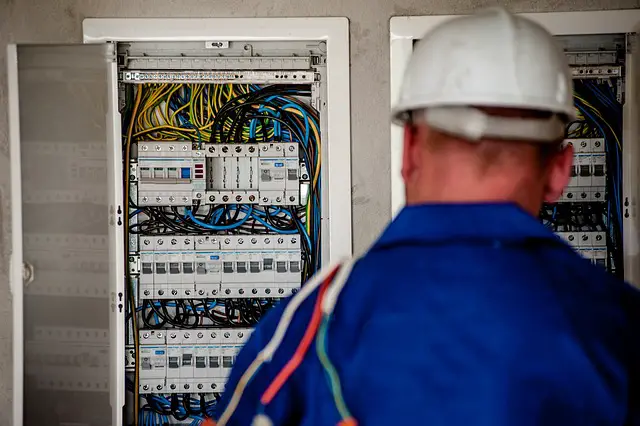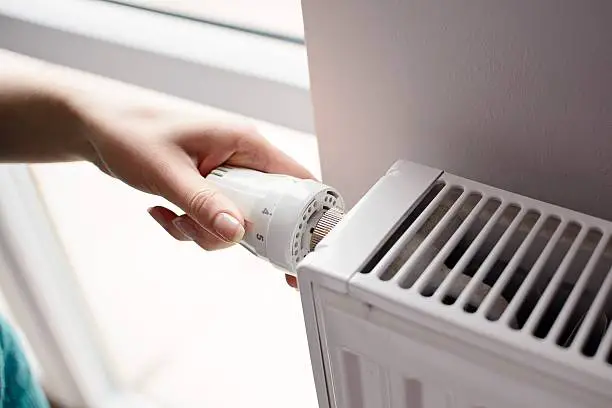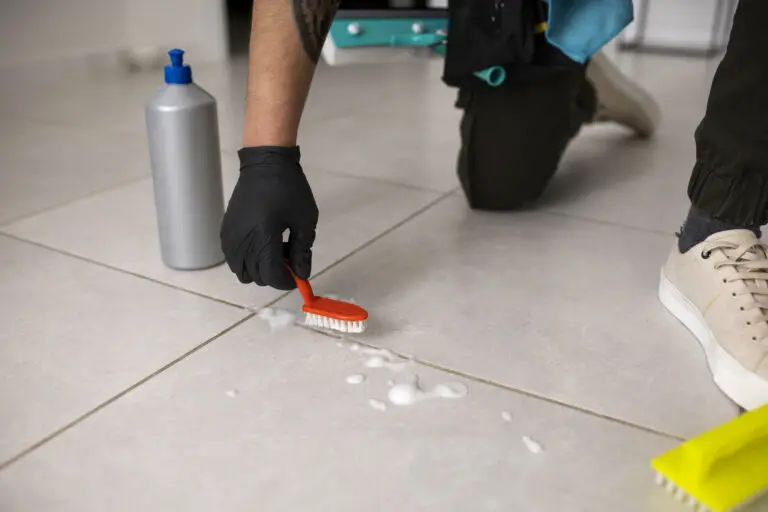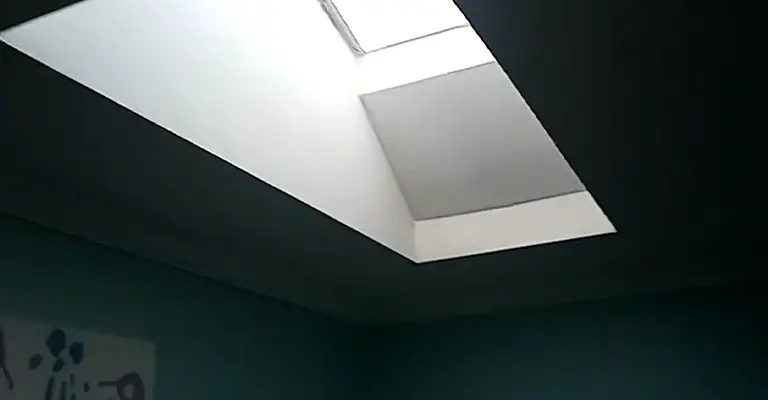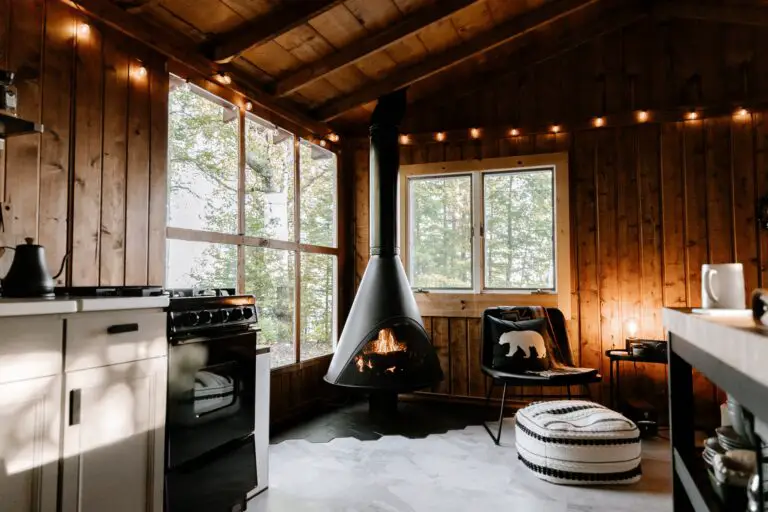When Should I Replace My HVAC?
HVAC is a common appliance that we use in our homes and businesses to regulate indoor temperature. Replacing your HVAC system might be a good idea if you have an old, inefficient unit or if it is not working properly.
However, when it becomes time for replacement, there are a few things to consider before making the decision. The HVAC system in your home keeps you comfortable all year long.
Heat is provided by the system in the winter, and your HVAC system provides cooling in the summer. Furthermore, it circulates fresh air and removes dust and allergens in your home. The question is, what happens if an HVAC system fails to perform at its best?
The result will be a home that is no longer comfortable for you and your family, and your utility bills may rise significantly. On the other hand, repairs can sometimes solve efficiency issues. Sometimes it’s necessary to replace the HVAC system.
What is the best way to determine if your HVAC system needs to be replaced or whether it can be repaired? Learn some signs that your heating, ventilation, and air conditioning system needs to be replaced rather than repaired below.
Early Signs That You Should Replace Your HVAC System
Our homes’ air conditioners are among the most expensive investments we make, so it makes sense that we want to maximize their efficiency. HVAC systems need to be replaced eventually, no matter how well they’re maintained.
It is possible for homeowners to have issues with their HVAC systems because of aging or damage, such as increased energy bills and poor indoor air quality. Not sure when it’s time to replace your air conditioner? Your HVAC system may need replacing based on these signs.
1. Your Air Quality Is Poor
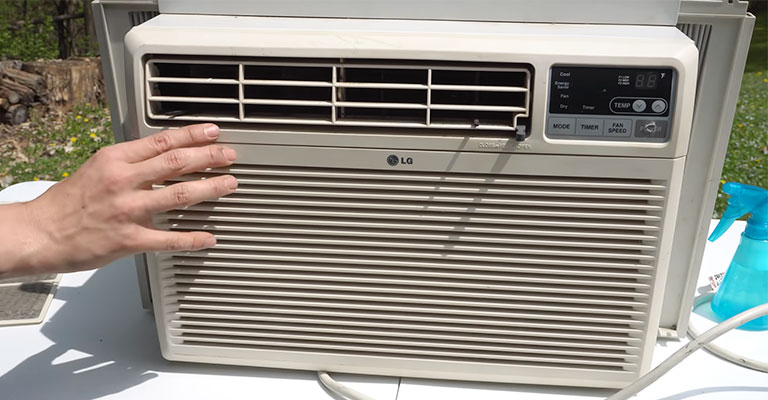
When it comes to indoor air quality during the summer, an air conditioner is most likely the single biggest contributor. Unfortunately, there may be a damaged air conditioner in your home if you see mold, mildew, dust, or unusual humidity levels.
2. Unusual Sounds
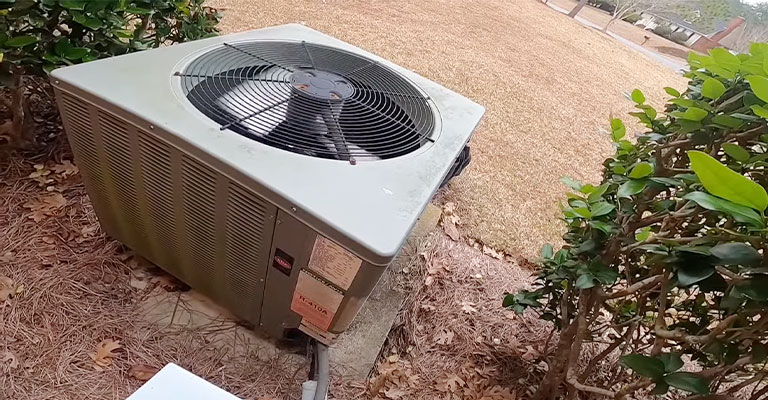
An HVAC system that is well maintained should operate relatively quietly. You might start hearing grinding, squealing or pulsating noises as time goes on and the components age. You should have the system inspected immediately if you hear any unusual sounds coming from these devices.
3. Strange Odors
To be safe, it is best to switch off your HVAC system and have it inspected immediately if you smell an unusual smell coming from it. It is possible to smell unusual odors if the wiring is melting away or if mold is growing inside the ducts.
4. Your Home Seems To Be Dustier Than Usual
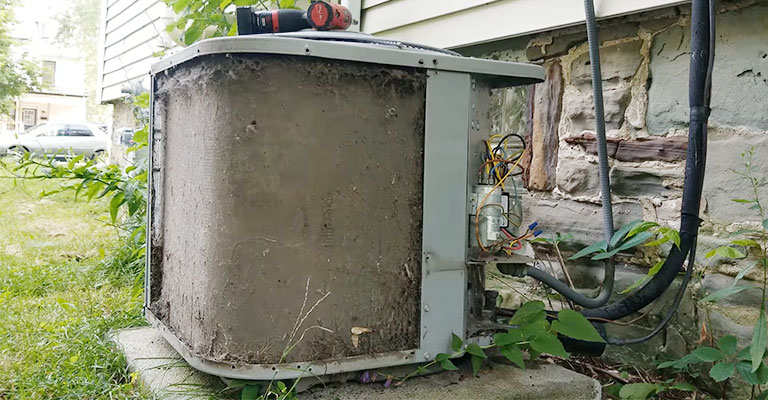
The HVAC system in your home also provides proper ventilation in addition to delivering cooled and heated air.
Dust (as well as dander, dirt, and other debris) should be removed from your home by your system when it is functioning efficiently, and humidity should be controlled.
Your air conditioning system may not be able to remove dust effectively if the amount of dust in your home has increased.
5. The Temperature In Your House Can’t Be Kept Comfortable
It is often difficult for an aging HVAC system to maintain a consistent temperature in your home. You may notice this if your thermostat is damaged, your thermostat is inaccurate, your fluid levels are low, your air filters are clogged, or your ducting is cracked.
Inconsistent temperatures often indicate that your air conditioner is incapable of supplying enough air throughout your home, or that the ductwork is not properly installed.
You will be left with an uncomfortable home climate and higher energy costs if you keep your air conditioner as it is. Each home has its own heating and cooling needs depending on its size, layout, location, and more, so not all air conditioners are created equal.
6. Increasing Energy Bills
While energy costs will fluctuate with the seasons, bills for the same month of different years should be similar. Your HVAC system should also be serviced or replaced if it is generating high energy bills.
In general, heating and cooling systems become less efficient as they age. Therefore, a lack of maintenance on these systems may be particularly problematic for those who do not have them serviced regularly.
Maintaining your air conditioning system will increase its lifespan and make it run more efficiently, but eventually, you will have to upgrade your system. It’s possible to reduce your energy bills by as much as 20 percent by upgrading to an energy-efficient air conditioner.
7. It Costs Twice As Much To Repair An Air Conditioner As To Buy One
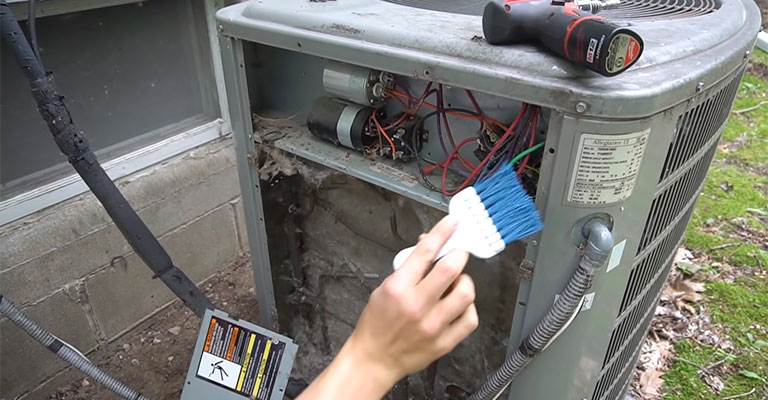
In the event that your current system is more than a decade old and is on the fence between repair and replacement, investing in a new system will be a wiser choice.
It is best to replace your old air conditioning system if the repair is more than half the cost of a new one.
Each air conditioning system will need repairs from time to time, but if the repair is more than half the cost of a new unit, it is better to replace your old one.
8. The AC System In Your Home Is More Than Ten Years Old
How long has it been since you installed your air conditioning system? HVAC systems should be replaced every 10 to 15 years, according to the Department of Energy.
It is true that modern air conditioners are durable, but after around ten years, their major components will begin to deteriorate based on how often you use them and how well they are maintained.
The R-22 refrigerant is also likely to be used in older AC units. In addition to being outdated, this type of freon is harmful to the environment as well. By upgrading to a newer unit, you can reduce your carbon footprint and lower your monthly energy bills.
Choosing Between Repairing And Replacing Your Home Heating System
It is inevitable that a homeowner’s heating system will malfunction at some point in time. Your thermostat is not responding to your attempts to lower the temperature on a cold morning.
Heat doesn’t come from the radiators or air vents, or you don’t hear the system firing up. Your hope is that it will be a quick fix, like a clogged filter or tripped breaker.
Meanwhile, you might wonder if replacing the unit would be more cost-effective. Follow these signs above, and you will be able to figure out whether your HVAC system needs replacing.
Learn more about the home improvement services.
Note From The Author:
In order to save money on your HVAC unit, you might want to check your house and HVAC system for expensive air leaks before investing in one. The problem with your HVAC system may be caused by an air leak, which is likely less expensive than replacing it.
You may also want to hire an energy-efficiency expert to come to your home and assess the energy efficiency of the building. A blower-door test could be used to detect leaks in your home during this assessment.
It could also be performed as a walk-through using a clipboard or as a thorough audit. If you have insulation installed in your home, you may qualify for a discount or rebate from the state. Some utility companies also subsidize these energy efficiency assessments.
Your HVAC system may not need to be replaced since leaks can be sealed, and your house can be properly insulated. Getting a new unit, however, will help you save money on upfront costs and future energy bills since it can be sized more accurately to run more efficiently.
Final Words
Cost-benefit analysis can help you determine if repairing your old unit is more economical than replacing it altogether if you’re wondering if it needs to be replaced.
It can be difficult to decide when it comes to repairing or replacing your AC unit. Most homeowners, however, call in HVAC professionals to review their units and provide a second opinion. Your technician can tell you if your old air conditioning unit has plenty of life left in it or if it’s time to replace it.

